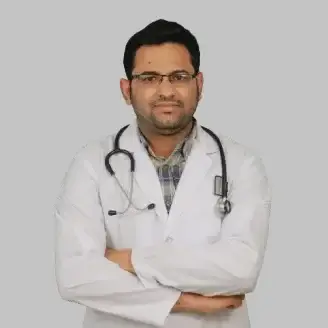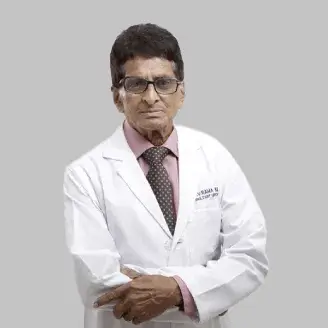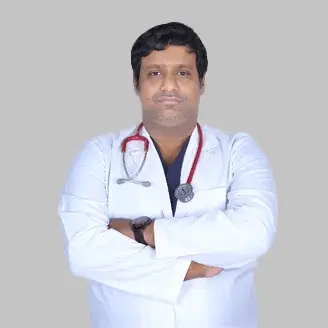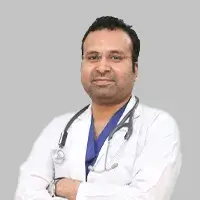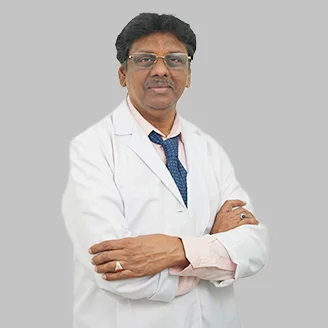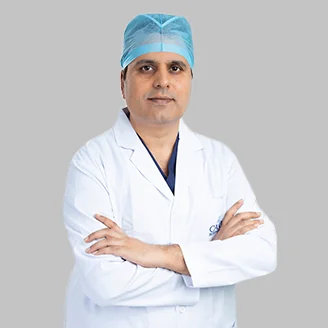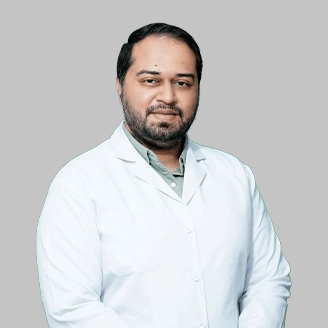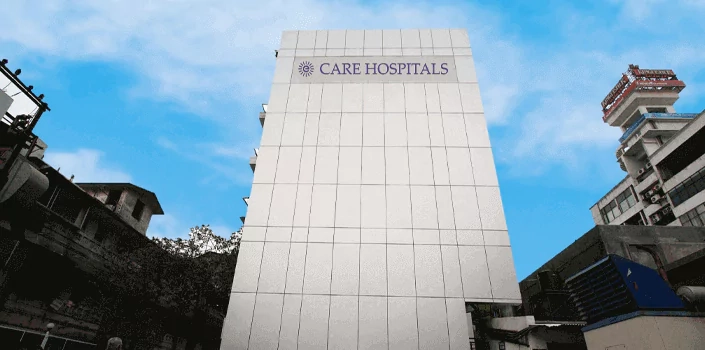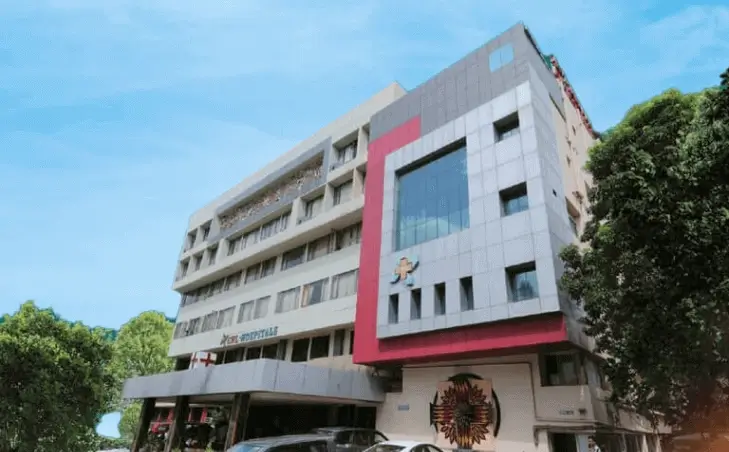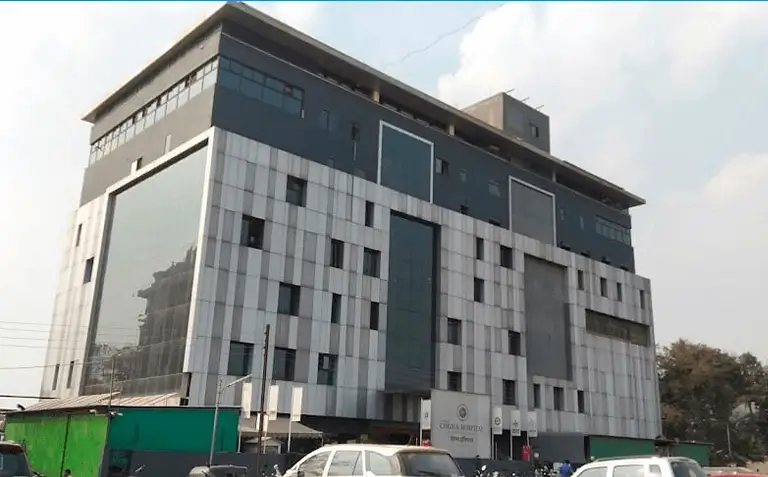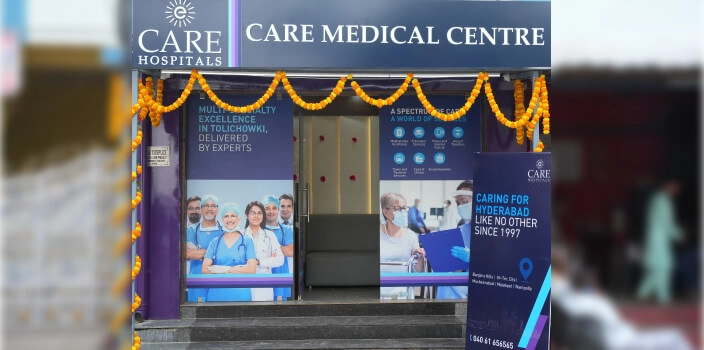-
Doctors
-
Specialities & Treatments
Centre of Excellence
Specialties
Treatments and Procedures
Hospitals & Directions HyderabadCARE Hospitals, Banjara Hills CARE Outpatient Centre, Banjara Hills CARE Hospitals, HITEC City CARE Hospitals, Nampally Gurunanak CARE Hospitals, Musheerabad CARE Hospitals Outpatient Centre, HITEC City CARE Hospitals, Malakpet
HyderabadCARE Hospitals, Banjara Hills CARE Outpatient Centre, Banjara Hills CARE Hospitals, HITEC City CARE Hospitals, Nampally Gurunanak CARE Hospitals, Musheerabad CARE Hospitals Outpatient Centre, HITEC City CARE Hospitals, Malakpet Raipur
Raipur
 Bhubaneswar
Bhubaneswar Visakhapatnam
Visakhapatnam
 Nagpur
Nagpur
 Indore
Indore
 Chh. Sambhajinagar
Chh. SambhajinagarClinics & Medical Centers
Book an AppointmentContact Us
Online Lab Reports
Book an Appointment
Consult Super-Specialist Doctors at CARE Hospitals

Best Hospital for TURBT Surgery in Hyderabad
- Advanced Technology
- Shorter Hospital Stay
- Pre & Post-Operative Care
- All Insurance Accepted

Chat With Our Experts
Get second opinion on Whatsapp
25 lakhs+
Happy Patients
Experienced and
skilled surgeons
17
Health Care Facilities
Top most Referral Centre
for Complex Surgeries
Advanced TURBT Surgery
TURBT (Transurethral Resection of Bladder Tumours) is the primary treatment choice for non-muscle invasive bladder cancer cases. Doctors use this essential procedure to diagnose and remove cancerous tissue from the bladder with minimal invasion.
The surgery takes anywhere from 15 to 90 minutes with either general or spinal anaesthesia. TURBT surgery's safety record should reassure patients, as complications occur in very few patients. These mainly include urinary tract infections and bleeding. New imaging methods like blue light cystoscopy have boosted tumour detection and lowered the chance of cancer coming back compared to standard approaches. Newer techniques like en bloc resection show promise in reducing complications and achieving better results.
Why CARE Group Hospitals is Your Top Choice for Transurethral Resection of Bladder Tumours (TURBT) Surgery in Hyderabad
CARE Group Hospitals stands as the leading destination for TURBT (Transurethral Resection of Bladder Tumour) surgery in Hyderabad. Specialists with extensive experience provide exceptional care to patients who need quality bladder cancer treatment.
Best TURBT Surgery Doctors in India


State-of-the-art Surgical Breakthroughs at CARE Hospital
CARE Hospitals' state-of-the-art equipment and advanced technologies improve surgical outcomes consistently. High-definition endoscopic cameras provide superior visualisation during procedures. Blue-light cystoscopy (BLC) options have improved tumour detection rates compared to standard methods. This advanced method reduces the recurrence rate of the cancer.
Conditions for TURBT Surgery
TURBT works as both a diagnostic and treatment procedure for patients with:
- Early-stage bladder cancer
- Visible bladder tumours - available via cystoscope
- Non-muscle invasive bladder cancer requiring diagnosis or treatment
CARE Hospitals' doctors recommend TURBT during the early stages of bladder cancer when tumours exist only within the bladder. Specialists can remove tumours while preserving the bladder in most cases.
Types of TURBT Procedures
CARE Hospitals tailors various TURBT approaches to each patient's needs:
- Conventional TURBT: A resectoscope inserted through the urethra locates and removes tumours in pieces
- Bipolar TURBT: Bipolar electrocautery reduces complications and eliminates the need for hypotonic irrigation solutions
- En Bloc TURBT: The entire tumour removal happens as one piece, which improves pathological assessment and can lower recurrence rates
- Laser TURBT: Laser energy replaces electrocautery to offer shorter operative times and decrease bleeding risk
CARE Hospitals combines world-class diagnostic services with economical clinical care. This ensures patients receive the most suitable TURBT procedure for their condition.
Know the Procedure
A good understanding of each stage helps patients approach the procedure confidently.
Pre-surgery Preparation
Patients need to follow these guidelines before their procedure:
- Your doctor will tell you when to stop blood thinners
- Don't eat anything 8 hours before surgery
- You can have clear fluids up to 3 hours before surgery
- Take your approved medications with small sips of water
- Skip lotions, perfumes or deodorants on the day of surgery
TURBT Surgical Procedure
The surgery usually takes 15-90 minutes. Your surgeon will:
- Induce general or spinal anaesthesia
- Put a thin, lighted instrument (cystoscope) through your urethra
- Fill your bladder with fluid to see better
- Remove tumours using a resectoscope with a wire loop
- Use heat to stop bleeding
- Place a catheter to drain urine and prevent clotting
Post-surgery Recovery
Right after surgery, you might have:
- Pink-tinged urine for 1-3 weeks
- A burning feeling while urinating
- Bladder spasms or cramps
Most patients go home the same day or after a one-night stay. Full recovery takes about six weeks, but most patients can work again within 2-3 days. You should avoid heavy lifting and hard activities for about 3 weeks.
Risks and Complications
TURBT is a safe procedure with a lower complication rate. Common problems include:
- Bleeding
- Bladder perforation
- Urinary tract infections
- Lower urinary tract symptoms
Rare but serious complications might include major bleeding that needs additional procedures or bladder perforation.
You should contact your doctor right away if you have a fever above 101°F, chills, severe nausea, vomiting, or can't urinate after the procedure. These symptoms could point to complications that need urgent medical care.
Benefits Of TURBT Surgery
TURBT comes with many advantages:
- No cuts outside the body
- Minimal invasion
- Your bladder works normally
- Doctors can diagnose and treat at once
- Most patients go home the same day
- The procedure can be done again if needed
Insurance Assistance for TURBT Surgery
Most health insurance plans cover TURBT since it's needed to treat bladder cancer. All the same, you should check your coverage details and understand your possible costs beforehand.
Second Opinion for TURBT Surgery
A specialist uropathologist's second opinion changes treatment plans for most patients. For bladder cancer patients, many get different treatment suggestions when they ask another doctor. This shows why you should talk to specialists at complete cancer centres before starting treatment.
TURBT Surgery Hospitals in India
-
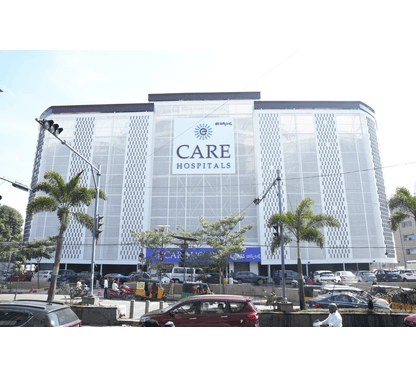
CARE Hospitals, Banjara Hills, Hyderabad
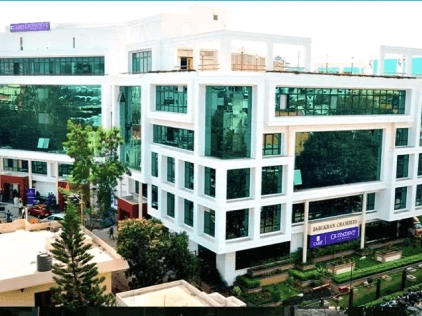
CARE Hospitals Outpatient Centre, Banjara Hills, Hyderabad
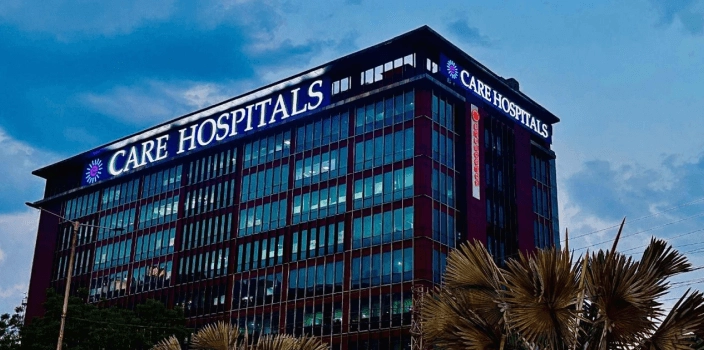
CARE Hospitals, HITEC City, Hyderabad
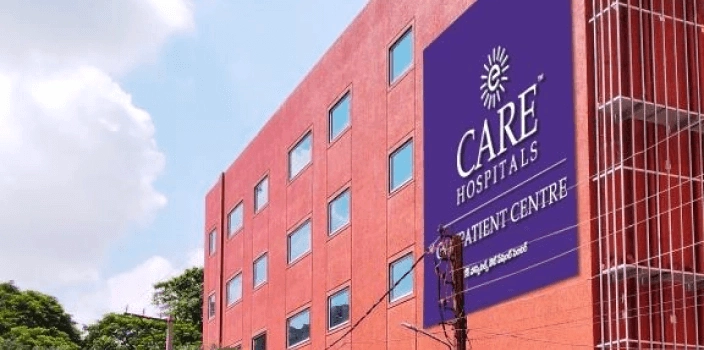
CARE Hospitals Outpatient Centre, HITEC City, Hyderabad
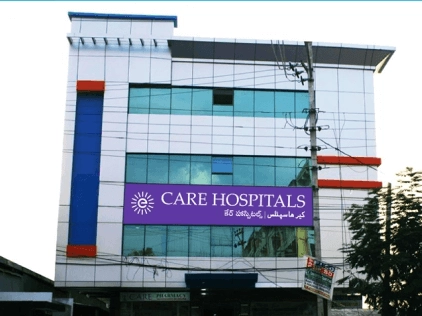
Gurunanak CARE Hospitals, Musheerabad, Hyderabad
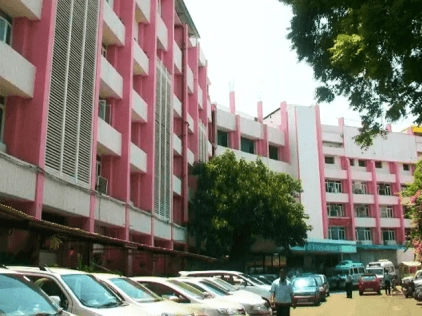
CARE Hospitals, Nampally, Hyderabad
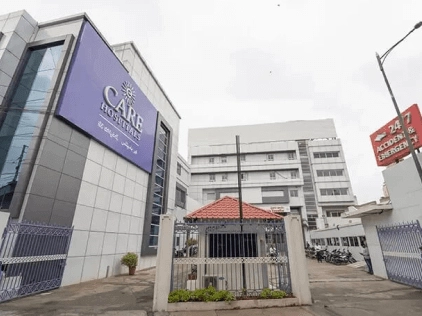
CARE Hospitals, Malakpet, Hyderabad
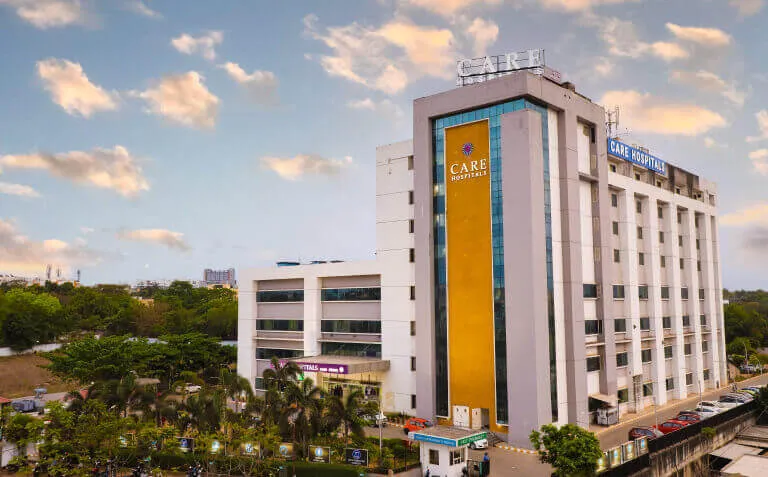
CARE Hospitals, Bhubaneswar
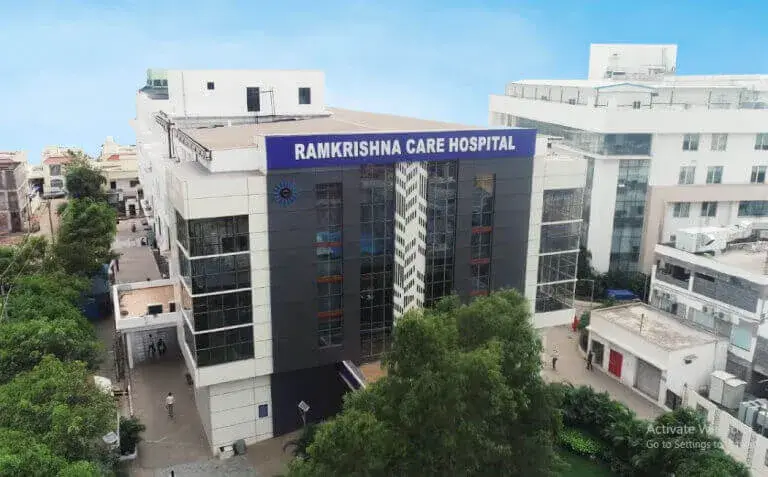
Ramkrishna CARE Hospitals, Raipur
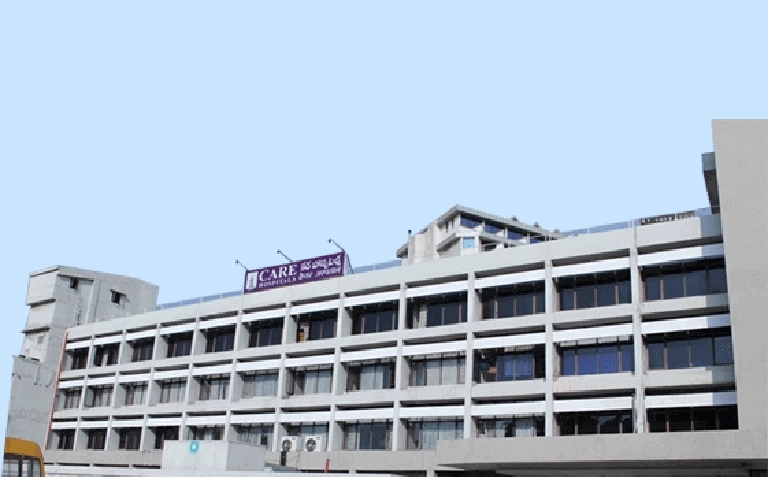
CARE Hospitals, Ramnagar, Visakhapatnam
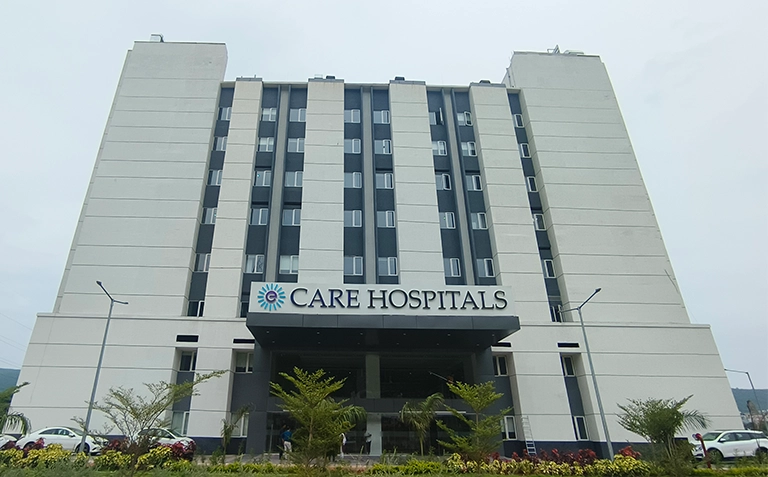
CARE Hospitals, Health City, Arilova
Related Surgeries
- Best Hospital for Bladder Suspension Surgery in Hyderabad
- Best Hospitals for Vasectomy in Hyderabad
- Best Hospital for Circumcision Surgery in Hyderabad
- Best Hospital for DJ Stent Removal Surgery in Hyderabad
- Best Hospital for Laser Prostatectomy Surgery in Hyderabad
- Best Hospital for PCNL Surgery in Hyderabad
- Best Hospital for Penile Implant Surgery in Hyderabad
- Best Hospital for RIRS Surgery in Hyderabad
- Best Hospital for Turp Surgery in Hyderabad
- Best Hospital for Ureteroscopic lithotripsy Surgery in Hyderabad
- Best Hospital For Epididymectomy Surgery in Hyderabad
- Best Hospital for TURBT Surgery in Hyderabad
- Best Hospital for Varicocelectomy Surgery in Hyderabad
- Best Hospitals for Miniperc Surgery in Hyderabad
- Best Hospital for Nephrectomy Surgery in Hyderabad
- Best Frenuloplasty Surgery in Hyderabad
- Bladder Neck Incision Surgery in Hyderabad
- Best Hospital for Prostatectomy Surgery in Hyderabad
- Best Hospital for Urethral Stent Placement Surgery in Hyderabad
- Best Hospital for Urethrotomy Surgery in Hyderabad
- Best Hospital for Urethroplasty Surgery in Hyderabad
- Best Hospital for Endopyelotomy Surgery in Hyderabad
- Best Hospital for Bladder Sling Surgery in Hyderabad
Frequently Asked Questions
TURBT means transurethral resection of bladder tumour. Doctors perform this outpatient procedure without external cuts. Your surgeon places a thin tube with a camera (cystoscope) through the urethra into your bladder and removes suspicious growths with special tools. The procedure helps doctors to:
- Diagnose bladder cancer
- Remove visible tumours
- Collect samples for cancer staging
- Check if the cancer has spread to the bladder wall
The surgery lasts between 15-90 minutes. Several factors affect the duration:
- Tumour's size
- Number of tumours
- The tumour's location within the bladder
- Surgeon's technique
TURBT is not a major surgery. This minimally invasive procedure needs no external cuts. You can go home the same day. Some patients stay overnight due to medical conditions or extensive tumour removal.
Full recovery takes about 2-4 weeks. Patient experiences differ:
- 76% of patients recover by day 2 after surgery
- Normal activities resume within 1-2 weeks
- Rest becomes essential for 5-7 days
- Avoid strenuous activities for 2-4 weeks
Doctors perform TURBT using:
- General anaesthesia - you sleep through the procedure
- Spinal (regional) anaesthesia - you stay awake but feel numb below the waist
Your health, doctor's advice, and sometimes personal choice determine the anaesthesia type.
Anaesthesia prevents pain during surgery. After the procedure, patients usually experience:
- Burning sensations during urination
- Mild discomfort or pain
- Possible bladder spasms
These symptoms last a few days to weeks. Pain medication helps manage the discomfort.
TURBT remains generally safe, but possible complications include:
- Bleeding
- Bladder perforation
- Urinary tract infections
- Lower urinary tract symptoms
This operation isn't right for everyone with bladder abnormalities. TURBT may not suit:
- Patients with uncontrolled bleeding disorders or those on blood thinners they can't stop
- People who have severe urinary tract infections that need treatment first
- Patients with bladder perforation from earlier procedures
- Those who can't handle anaesthesia due to serious health issues
Several factors affect survival rates:
- Cancer stage
- Tumour depth
- Treatment approach
- Complete remission
Still Have a Question?


